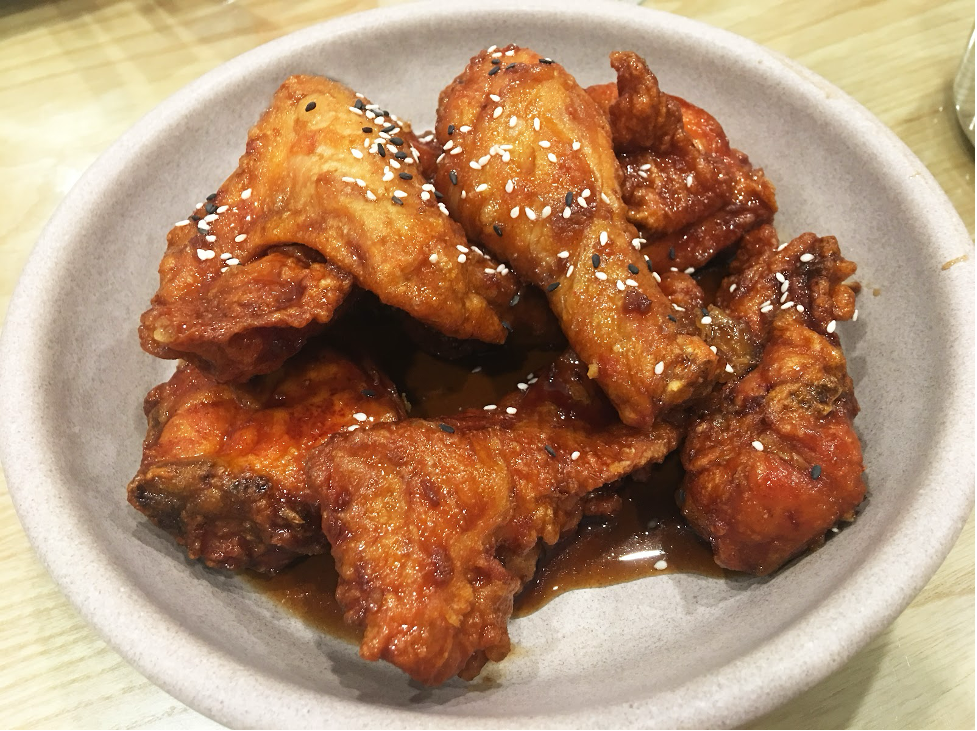The bacterium Helicobacter pylori (H. pylori) is a leading cause of gastritis and peptic ulcers. H. pylori resides primarily in the lining of the stomach and duodenum and can be transmitted orally, through direct contact, or via contaminated food and water. Most people infected with H. pylori experience no noticeable symptoms in the initial stages. However, when favorable conditions arise, such as a weakened immune system, poor diet, or prolonged stress, the bacteria can be activated, causing damage to the stomach and duodenal lining.
Nutritionist Tran Pham Thuy Hoa from the Department of Nutrition at Tam Anh General Hospital in Hanoi explains that if H. pylori is not effectively controlled, it can cause chronic inflammation, destroy the stomach lining, lead to ulcers, and disrupt cell regeneration. Over time, this can result in scarring, fibrosis, and an increased risk of stomach cancer. Individuals with H. pylori infections should adhere to their doctor's treatment plan, maintain a healthy diet, and limit factors that can irritate the stomach lining.
Salty foods: Salt exacerbates inflammation and damage to the stomach lining, especially in those with H. pylori. Patients should not consume more than 5 grams of salt per day and should avoid salty foods like pickles, kimchi, smoked meats, sausages, and cold cuts, as these can directly irritate and thin the protective mucus layer of the stomach. Limiting seasonings, fish sauce, soy sauce, and other salty condiments can help prevent excessive salt intake, which is harmful to the stomach lining.
Fried and fatty foods: French fries, fried chicken, and fast food are high in saturated and trans fats. These not only increase the digestive burden but also stimulate stomach acid production, creating an environment conducive to bacterial growth, which can worsen ulcers. A long-term high-fat diet also increases the risk of irritation and damage to the epigastric region (above the navel), causing heartburn and discomfort. Over time, these conditions can affect cell regeneration, slow ulcer healing, and increase the risk of complications.
 |
Consuming excessive amounts of fried and fatty foods often leads to indigestion and bloating. Photo: Ly Nguyen |
Consuming excessive amounts of fried and fatty foods often leads to indigestion and bloating. Photo: Ly Nguyen
Spicy and hot foods: Chili peppers, black pepper, fresh garlic, and ginger can irritate the stomach lining, causing symptoms such as epigastric pain, heartburn, bloating, and indigestion. People with H. pylori should maintain a bland diet and limit spicy foods to reduce irritation and alleviate discomfort.
Caffeinated and alcoholic beverages: Caffeine stimulates the central nervous system and increases hydrochloric acid production, which can damage the stomach lining. Excessive consumption of alcohol, beer, and carbonated drinks can directly damage the mucosal cells, disrupt the gut microbiome, and create an environment for H. pylori to thrive. Sugary carbonated drinks are high in sugar and additives that can increase inflammation and irritate the stomach.
Highly acidic foods: Sour fruits like lemons, oranges, and tangerines, along with vinegar and fermented foods, can increase stomach acidity, irritate the lining, and exacerbate damage caused by H. pylori. Patients should be cautious and limit or avoid these foods to support the healing process.
Individuals with H. pylori should increase their intake of green vegetables, antioxidant-rich fresh fruits, and probiotic-containing yogurt. These can improve the immune system, help balance the gut microbiome, and contribute to suppressing the growth of H. pylori.
Ly Nguyen
| Readers can submit questions about digestive diseases here for doctors to answer. |












